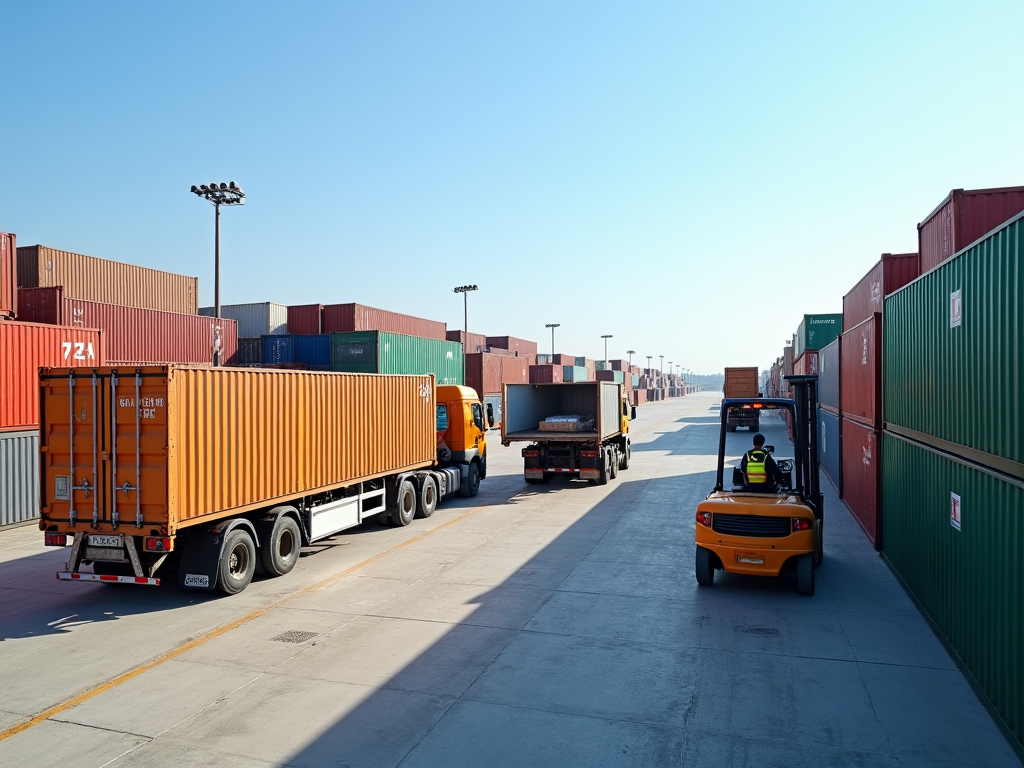When considering where to establish a business in the UAE, the International Free Zone Authority (IFZA) often comes up as a prime option. However, the UAE is home to numerous free zones, each offering distinct advantages tailored to various business needs. This article provides a detailed comparison of IFZA with other popular UAE free zones, helping you make an informed decision on the right choice for your business setup.
Understanding IFZA Free Zone

The International Free Zone Authority, located in Dubai, is renowned for its business-friendly environment and diverse range of offerings. IFZA provides various benefits that include 100% foreign ownership, tax exemptions, and minimal paperwork, making it a sought-after location for entrepreneurs. Another significant advantage is its strategic location, which provides excellent connectivity to global markets. Additionally, IFZA has excellent infrastructure, facilitating smooth business operations. One of the standout features is its flexible office space solutions catering to different business requirements. With all these benefits, IFZA positions itself as a flexible and comprehensive solution for various sectors and industries.
Key Features of Other UAE Free Zones

The UAE is home to numerous free zones besides IFZA, each catering to specific industries. Here are some key free zones to consider:
- DMCC (Dubai Multi Commodities Centre): Best known for trading commodities, DMCC offers world-class infrastructure and networking opportunities.
- ADGM (Abu Dhabi Global Market): Focused on financial services and related businesses, ADGM provides a robust legal framework and regulatory support.
- RAK Free Trade Zone: This zone is popular for its efficient business setup process and lower costs, making it ideal for small to medium-sized enterprises.
- Dubai Silicon Oasis: Catering to tech-focused businesses, it provides unique incentives for IT and tech startups.
- Sharjah Airport International Free Zone: Aimed at logistics and trade, it offers easy access to both sea and air transportation.
Each of these free zones provides different services and facilities, making it crucial to assess your business requirements before proceeding with one. When selecting a free zone, consider factors such as industry focus, startup costs, and regulatory framework.
Benefits of Choosing IFZA Over Other Free Zones
While each free zone presents unique advantages, IFZA stands out for several reasons. First, it allows a quick and simple setup process, which is essential for entrepreneurs looking to launch operations rapidly. Second, IFZA offers a variety of licensing options catering to a wide range of business activities. Third, the location provides convenient access to Dubai’s extensive transportation networks, enhancing logistical capabilities. Additionally, the free zone supports 100% repatriation of profits, combined with zero personal income taxes, which can significantly improve your business’s bottom line. Furthermore, IFZA’s reputation for excellent customer service and support further solidifies its standing in the competitive landscape of UAE free zones.
How to Choose the Right Free Zone for Your Business
Selecting the right free zone requires a careful evaluation of various factors to ensure it aligns with your business goals. Here are the key considerations to keep in mind:
- Business Activities: Identify if the free zone supports your specific business activities.
- Location: Consider proximity to suppliers and customers, as this can impact operational efficiency.
- Cost: Compare setup costs, including licensing, office space, and maintenance expenses.
- Flexibility: Ensure the free zone offers flexibility in terms of licensing and office space as your business grows.
- Infrastructural Support: Evaluate whether the free zone provides necessary logistical and administrative support to facilitate smooth operations.
By placing emphasis on these aspects, you can select a free zone that not only meets your immediate business needs but also supports your long-term growth and success.
Conclusion
In conclusion, the choice between IFZA and other UAE free zones ultimately hinges on your individual business requirements, budget, and goals. IFZA distinguishes itself with its quick setup, various licensing options, and a supportive business environment, but other free zones may offer advantages suited to specific industries or operational preferences. A thorough evaluation of each option will empower you to make an informed decision that paves the way for your business’s success in the dynamic UAE market.
Frequently Asked Questions
1. What industries can benefit from IFZA?
IFZA accommodates a range of industries including trading, services, logistics, and technology, making it suitable for various entrepreneurs.
2. How long does it take to set up a business in IFZA?
The business setup process in IFZA can typically be completed within a few days, thanks to its streamlined procedures.
3. Can I get a UAE residency visa through IFZA?
Yes, establishing a company in IFZA allows you to apply for a UAE residency visa for you and your employees.
4. What are the costs associated with setting up in IFZA?
Setup costs in IFZA can vary depending on the type of license, office space, and business activities, so it’s best to consult directly with IFZA for accurate pricing.
5. Is there a minimum share capital requirement in IFZA?
IFZA does not mandate a minimum share capital requirement for most business activities, making it an attractive option for startups.


















